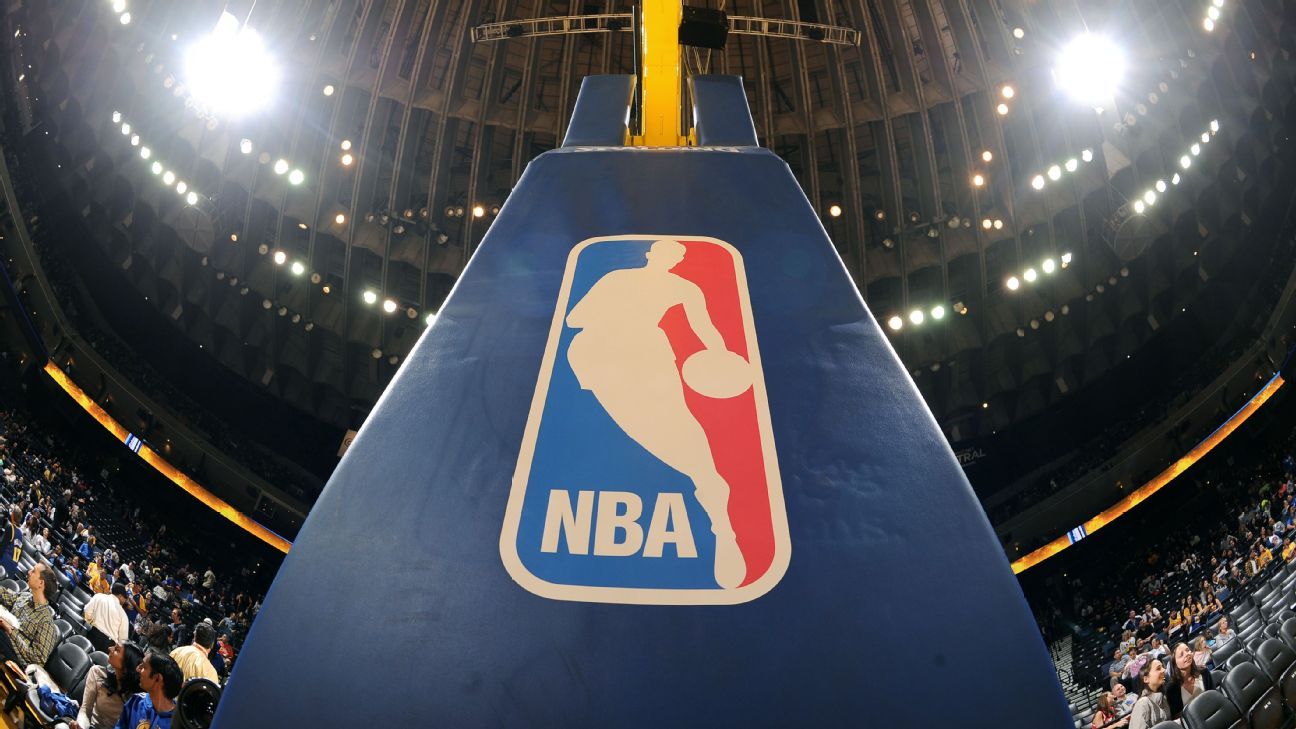The NBA has alerted teams to the impending release of adjusted 2020-21 salary and luxury tax projections, signaling the likelihood that a decline in revenue will cause a drop in the figures, league sources told ESPN.
The league office is expected to deliver revised projections as soon as Thursday, an accommodation that allows teams to make more informed financial and roster decisions ahead of the Feb. 6 trade deadline.
The advance notice and pre-trade deadline timing of these looming projections, communicated in a recent league memo, is a departure from past protocol.
The loss of the league’s China-driven revenue has caused many front-office executives to tell ESPN that they’ve been preparing for the possibility that the original 2020-21 cap projection of $116 million could drop as far as $113 million.
Teams inquiring with the league office about getting some sense of the projections to come were told that they would have to wait until the NBA shared those figures in a formal release.
These projections have impact on such items as free-agency cap space, luxury tax payouts and player contracts based on percentages of the salary cap — including maximum deals and midlevel exceptions.
China’s decision to pull sponsorships and television coverage because Houston Rockets general manager Daryl Morey tweeted support for anti-government protesters in Hong Kong in October is believed to have cost the NBA anywhere between $150 million and $200 million, league sources said.
Based on ESPN’s conversations with team executives, the potential drop in revenue isn’t expected to significantly impact the deadline behavior of teams. Salary-cap space is less important this summer than in past years, because only seven teams are currently poised to have salary-cap space above the projected $9.8 million midlevel exception. Also, the talent pool of players available in free agency isn’t considered strong.
The projected luxury tax figure had been $141 million, which largely impacts teams such as Boston, Brooklyn, Golden State, Houston and Philadelphia that are expected to be luxury tax teams in 2020-21. Three more teams — Denver, Milwaukee and the LA Clippers — could be in the tax pending the retention of their own free agents.
For example, the Warriors — considered a repeater tax team — would lose more than $14 million if the tax projection dropped $3 million. With an extension for Draymond Green starting next season, the salary slot for a potential top-five draft pick in the 2020 draft and full use of the $5.9 million exception on a free agent this summer, the Warriors could face a nearly $80 million penalty if the tax drops to $138 million. Golden State was projected to pay $65 million in tax with a $141 million salary cap.
Other contending teams — including the Utah Jazz, Miami Heat and Los Angeles Lakers — could be impacted by a decrease in projected luxury tax. For instance, the Lakers would become hard capped if they use the full $9.8 million exception this summer, which would limit their flexibility to make a trade next season.
A salary-cap decrease of $3 million also would impact the players who signed rookie scale contract extensions over the past year, including Philadelphia’s Ben Simmons and Denver’s Jamal Murray ($4.3 million) as well as Toronto’s Pascal Siakam ($3.3 million). Maximum contracts are based on percentages of the salary cap.
